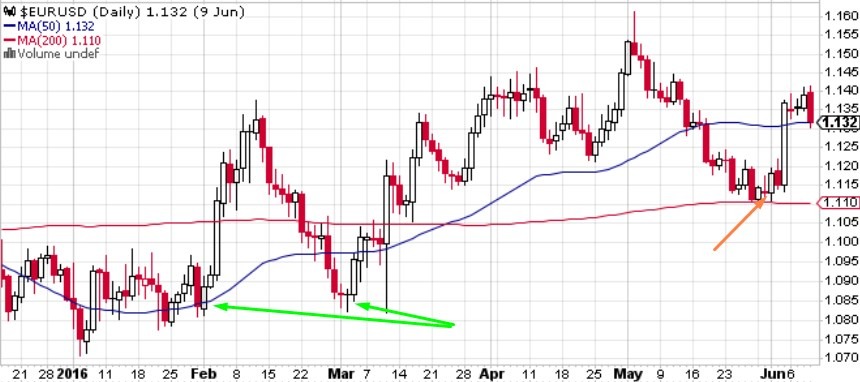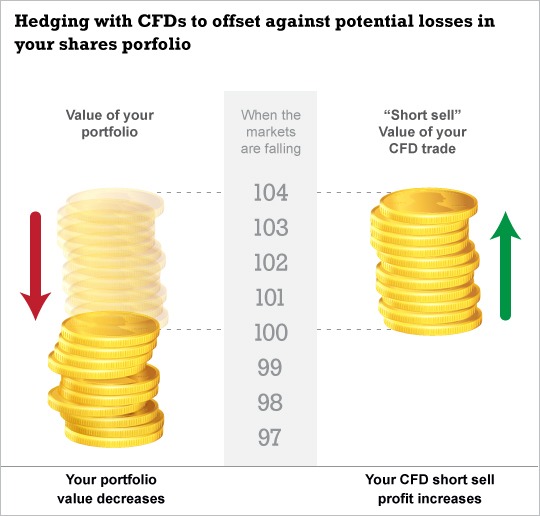Forex strategies that are at least to some extend profitable and useful to all traders. Can be revealed through the charts. These forex strategies could be anything from major signals on the daily chart, to small day to day trades. There is no need to stick to one pair, one specific market. Not even knowing all these foreign exchange currency symbols at a deep fundamental level. But simply by looking at their daily charts, traders can figure out correlation patterns. This is the first step towards spotting signals one one pair, that may trigger movements in more than one pairs. Currency trading strategies can be of all kinds. Including tasks where the objective is to identify 100 pip market movements, and get in early. The wise trader can simply look at clear candlestick charts, and pay attention to various details. Details such as the last day’s high and low, today’s LSS pivot numbers. And how the market behaved against these levels. Major signals on the other hand are harder to spot, because they tend to be in the making for several days. The market may not move at all during these days. But since failure to move in the previous direction goes on for so many day, it calls for caution. Remember that if it takes too long to move in the expected, obvious direction suggested by previous momentum. Than the probability may favor a reversal on the daily chart. And other traders do study this time dimension a lot, by counting days during each delay.

What to Watch out for
Other trader’s forex strategies will of course be conflicting, as not everyone trades alike. Not even institutional traders trade all alike. But the signs of their intentions are often revealed by their actions. We know that they watch both price and time. This is especially important when good news hits the market, but the market fails to rally. And days go by, and the market hardly rallies at all. This hesitation of the market to rally on news perceived as good, is an indication that the market wants to go down. And the minor triggering action will make that happen, such as a breach of some support level. Or the failed test of a resistance level. The currency trading strategies of leading traders, those who will initiate the trend, can be seen this way. Especially those of traders who are after making 100s of pis in a single trade, not just 20 or 50 pips.
Forex Strategies Revealed and Improved
To make improvements and changes to other people’s forex trading strategies is not difficult. Just as long as the spotting trader identified the entry signs and signals in depth. The spotting trader may want to get out at an earlier or later stage during a breakout, and not at the same stage as those other traders. Once the market establishes a solid trend, there are many ways to handle that new trend. In fact, the spotting trader may no longer need to watch out for new signals, for many days to come. It’s only during major turnings points on the daily chart that they have to study the charts deeper. And most trends last for many days. So it’s only after the trend has matured enough, that they need to be on the lookout. Smaller day to day trades, can still be revealed and improved. But the trader can afford to trade these all on their own judgment, and even make mistakes. Just as long as the daily trend is well defined and known, there will be no big negative surprises.










